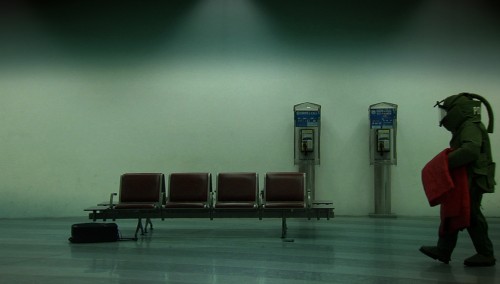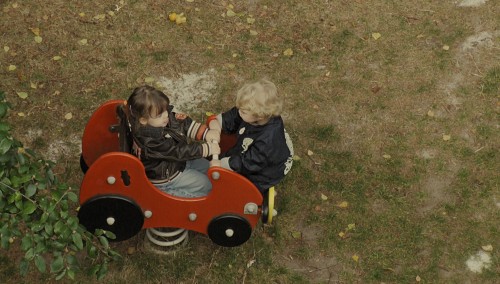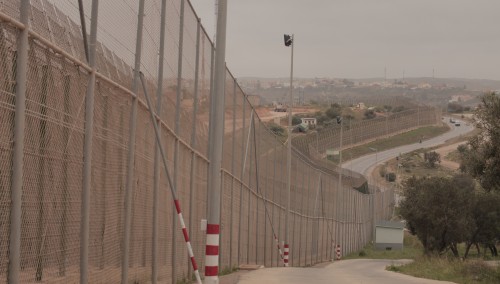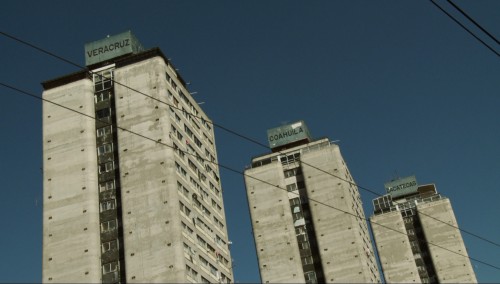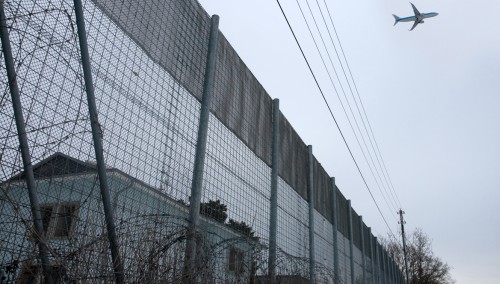Architecture and Society 2012
In 1966 the French philosopher Michel Foucault dreamed of an academic discipline that should research the “completely different places” of a society. He used the term heterotopia for these special spaces, composed from the Greek hetero (different) and topos (place). Some examples of heterotopias that Foucault named were juvenile shelters, senior citizen homes, psychiatric clinics and prisons – places where behavior deviating from the dominant norm is ritualized and localized. He noted that these kinds of spaces especially reflect social conditions by representing, negating or inverting them.
Foucault’s assumption that every society can produce new heterotopias is affirmed, not least of all, by the fact that an entirely new type has been created in post-colonialist Europe of the 20th and 21st century: the so-called detention center on the one hand and the transition center on the other. O stensibly conceived as “temporary shelters”, as a special form of transit spaces, in other words, these institutional places primarily serve to subject their inmates to rigid control.
This year’s thematic program prepared in cooperation with the afo Architecture Forum Upper Austria seeks to pursue a modernization of the Foucaultian heterotopia concept and presents four documentary films offering insights into the various forms of these “different kinds of places”. O ne of them is the deportation prison Frambois in Geneva. E very year thousands of blameless men and women are incarcerated without trial and without conviction in one of the country’s 33 deportation prisons. They can be imprisoned there for up to eighteen months before they are threatened with deportation. For his impressive documentary film Special Flight, director Fernand Melgar went into the prison Frambois and tells of the everyday life of the men without perspectives, who must wait there with no certainty about when or to where they will be deported. Living with uncertainty is also the state that three migrant women are left in in Steffen Köhn and P aola Clavo’s film Tell me wh en . Like so many others, on their way to E urope they are stranded in the Center for the Temporary Stay of Immigrants in the Spanish enclave Melilla, waiting there for years to be able to go on. A place that is only a home for its residents for a temporary period of time is also central to Christophe Hermans’s sensitive documentation The Children. The film tells of life inside a Belgian children’s home, offering insight into the everyday life of the small residents and their caretakers between changing diapers, parents’ visits and team meetings. A transitional place in the traditional sense is presented by The Castle by the two Italian directors Massimo D’Anolfi and Martina Parenti. They filmed for one year at the Milan airport Malpensa to capture everyday life there and provide us with insights into the restrictive security measures of this transit space.

